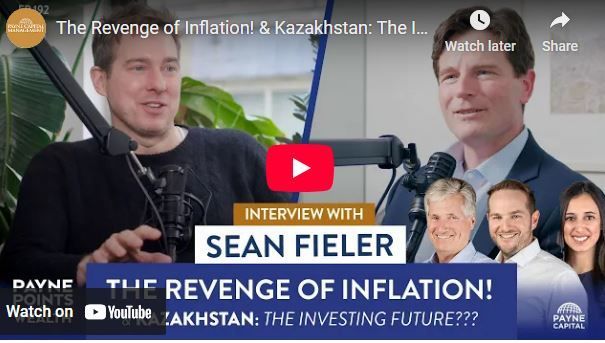Kuroto Fund, L.P. - Q3 2020 Letter
Dear Partners and Friends,
PERFORMANCE & PORTFOLIO
Kuroto Fund gained +10.6% in the third quarter of 2020 and was down -8.7% for the year to date through 9.30.20. By comparison, the EM index gained +9.6% in the third quarter and was down -1% through the first nine months of the year.[1]
REvisiting Top-Ten Holdings
In our first quarter 2020 letter, we analyzed Kuroto Fund’s top ten positions in light of the global pandemic. To date, the impact has been less severe than our initial expectations. In the letter that follows, we revisit our initial assumptions, explain how they’ve changed, and provide our most recent forecasts.
FPT Corporation: 14.3% of 9.30.20 Partners’ Capital
FPT’s three main business lines – IT services, broadband, and education – have proven more resilient than we were expecting. After the pandemic hit Vietnam, we estimated that FPT’s earnings would decline 14% year over year. This was too pessimistic. Through the first eight months of 2020, FPT grew revenue 7.6% and grew earnings by 11.7%. The main source of this positive surprise has been the continued global outlay for IT services. For example, FPT’s digital transformation business is up 46% for the year. FPT’s broadband business was mostly unaffected by the pandemic, and the education business evolved to a hybrid model.
We expect FPT’s growth to accelerate in 2021. In August, the company’s newly signed contracts were more than double those signed last year. Companies are spending more than ever upgrading their technology—a trend that seems likely to continue. FPT currently trades at 9.0x our 2020 earnings estimates with a 4% dividend yield.
MTN Ghana: 13.2%
The growth of MTN Ghana’s telecom and mobile money businesses has continued to grow unabated through the local lockdowns. For the half year, the company grew revenue 19.5% and earnings 48.5%. Data and money transfers/payments are both growing over 20% and voice revenue is growing at over 10%. In a further positive surprise, the company managed to take out 400 basis points in expenses through various efficiency initiatives, more than doubling our earnings growth forecast for the year.
MTN manages 56% of Ghana’s voice calls, 67% of data, and over 90% of the country’s mobile money transactions. Predictably, this market share has drawn some regulatory scrutiny. Over the summer, Ghana’s regulators proposed restrictions on MTN to preserve competition. The government scrutiny is very similar to the treatment that Safaricom received in Kenya. As past investors in Safaricom, we are familiar with the situation and comfortable that the current valuation of MTN Ghana more than compensates us for the regulatory risk. MTN is trading at 4.9x our estimate of 2020 earnings and pays us an 11% dividend.
Guaranty Trust Bank Nigeria: 12.8%
Given the dual shocks of the pandemic and oil price crash to Nigeria’s economy, we had assumed a high level of write-offs to the bank’s loan book. We were pleasantly surprised when GTB’s write-offs for the first half of the year came in at just 0.8% of assets—in-line with our forecast prior to the pandemic. While we still expect an uptick in write-offs in the coming quarters, GTB has shown once again the benefits of its conservative underwriting standards.
Another positive surprise has been the bank’s decision to split off its payments business into a separate entity. GTB has one of the leading payments businesses in Nigeria; these businesses usually trade on a revenue multiple rather than an earnings’ multiple. Accordingly, we believe the spinoff could unlock significant value for shareholders. The stock currently trades at 1x book value, 5.1x 2020 earnings, generates an ROE of over 20%, and has a dividend yield of 10%.
Logo Yazilim: 12.4%
When the pandemic hit, we had taken our yearly revenue growth forecasts for Turkey’s dominant SME ERP provider down by half to 16%. However, in the first half of the year the company grew revenue 25% and earnings by 40%. We have since increased our 2020 forecast to 23% revenue growth and 30% earnings growth.
Demand for Logo’s products has grown throughout the pandemic. A large portion of Logo’s customer base is exporters to Europe that have been benefited by the low interest rate environment and weak lira. Logo is also one of the leading providers of the technology that facilitates the collection of commercial receipts by the government’s tax authority. When the environment in Turkey normalizes, the company believes it can continue growing at over 20% for several years due to low ERP penetration amongst small and medium sized businesses. Logo trades at 21.8x our 2020 earnings estimates.
TBC Bank and Georgia Capital: 6.8% and 5.3%, respectively
The Georgian tourist industry was particularly impacted by the pandemic. That said, so far the hit has not been as severe as we had initially estimated.
For TBC Bank, we had initially forecasted a 3% cost-of-risk, whereas the company now thinks it will be closer to 2%. It is still too early to tell, however, because a portion of the bank’s loan book is still on a government imposed interest suspension that ended in September. We should know the true state of the loan book soon. On our current estimates, the bank trades at 0.8x book and 4.5x earnings assuming a normalized cost of risk.
In the case of Georgia Capital, the company has appointed an executive solely focused on asset dispositions due to the company’s significant discount to NAV. Towards that end, in the second quarter, the company sold a stake in its worst performing hospital for 13x EV/EBITDA—more than double the valuation of the entire healthcare subsidiarity when it was listed. We are looking forward to the company proactively closing its sum of the parts discount, which is now over 50% by our estimates.
Tanzania Breweries: 6.7%
We had initially assumed a large slowdown in the business of Tanzania’s largest brewer due to the pandemic, leading us to forecast a 26% decline in earnings. However, our forecasts have so far proved to be too conservative. Revenue only declined 9% in the first half of the year and we are now forecasting a 14% drop in earnings for the year. Tanzania Breweries remains highly profitable with 30% EBITDA margins, 20% ROEs, and a net cash balance. The stock trades at 25.9x our estimate of 2020 earnings.
Grana Y Montero: 5.7%
Given that Peru has had one of the toughest lockdowns, with many projects ground to a halt, we expected that Grana Y Montero’s Peruvian construction and infrastructure business would be severely impacted. While we were broadly right about the business, we did not include any other positive developments in our forecast.
This summer, an activist shareholder from Brazil struck an agreement with the founding family to buy a 20% stake in the business. Following this change of control, we would not be surprised to see management changed and non-core businesses sold. From our perspective, this would be a welcome development. Grana Y Montero continues to trade at a large discount to its sum of the parts and we are looking forward to some of the value being unlocked now that there is a clear path to improved governance at the company.
Sonatel: 5.6%
Our initial forecasts for Sonatel, French West Africa’s largest telecom provider, have proved too optimistic. We had initially forecasted 10% earnings for the year and we are now estimating that earnings will be flat year over year. However, when you consider that the company has endured a pandemic, a coup in Mali, and a new entrant in Senegal, flat earnings for the year seem like an achievement.
Post this year, we forecast Sonatel’s earnings, which have been flat for several years, to start growing again driven by its fast growing money transfer/payments business. Like MTN Ghana, and Safaricom in Kenya, Sonatel has achieved dominance in money transfer and payments. However, the market has not yet given them credit for this business, which is far superior to its traditional telecom business. Sonatel trades at 7x earnings, generates a 22% ROE, and has paid us an 11% dividend yield this year.
Orascom Construction: 4.8%
Orascom’s domestic Egyptian construction business has fared well through the pandemic, while their international engineering firm focused on Europe and the Middle East suffered as a result of project delays. Combined, we forecast Orascom’s earnings to decline this year due to provision taking in its international-engineering investment and one-off expenses associated with the implementation of Covid safety protocols. Normalizing for this, Orascom is trading at 5x this year’s earnings, has a net cash balance, and generates an ROE of 20%.
organization
After more than two decades in New York City, our firm is relocating to Stamford, CT. New York City is no longer the necessity it once was for our employees or our business. Our new office space is just 45 minutes away from the city. Please come and visit us at 301 Tresser once we’re up and running in late November.
We have also changed the name of our management company from Mason Hill Advisors to Equinox Partners Investment Management. Having caused confusion with companies and investors alike over the years, the name change reflects how we’ve always done business, as Equinox Partners.
Sincerely,
Sean Fieler
Brad Virbitsky
END NOTES
[1] Performance stated for Kuroto Fund, L.P. Class A on a net basis. An investor’s performance may differ based on timing of contributions, withdrawals, share class, and participation in new issues. Unless otherwise noted, all company-specific data is derived from internal analysis, company presentations, or Bloomberg.
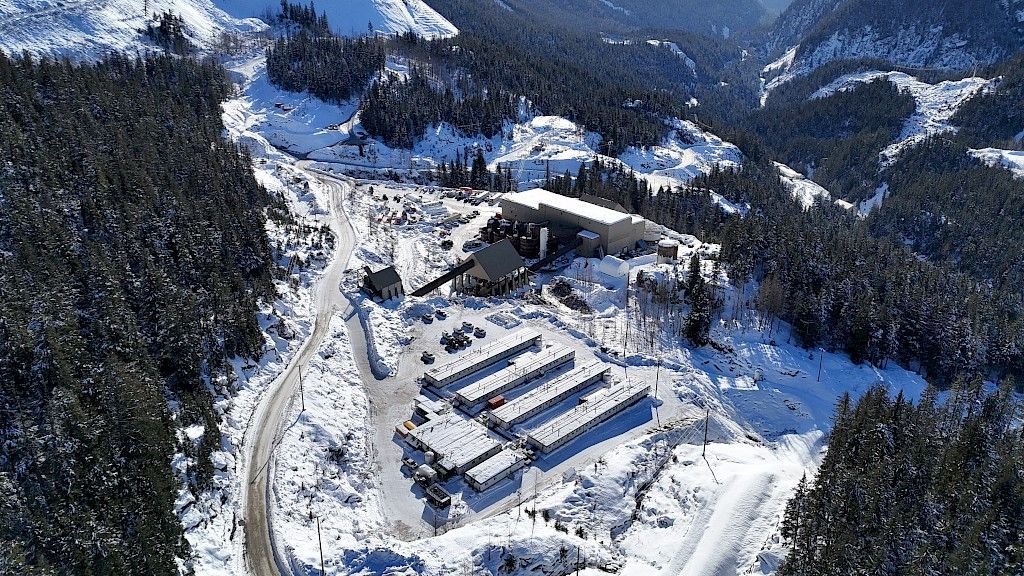

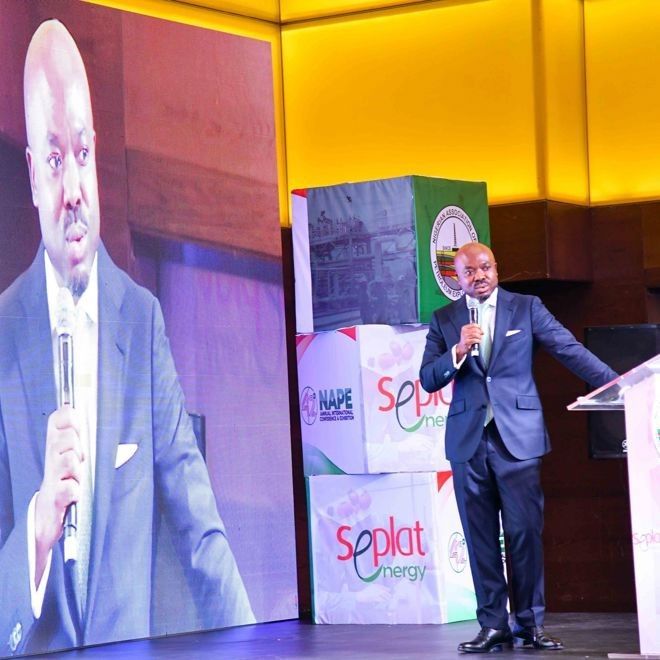
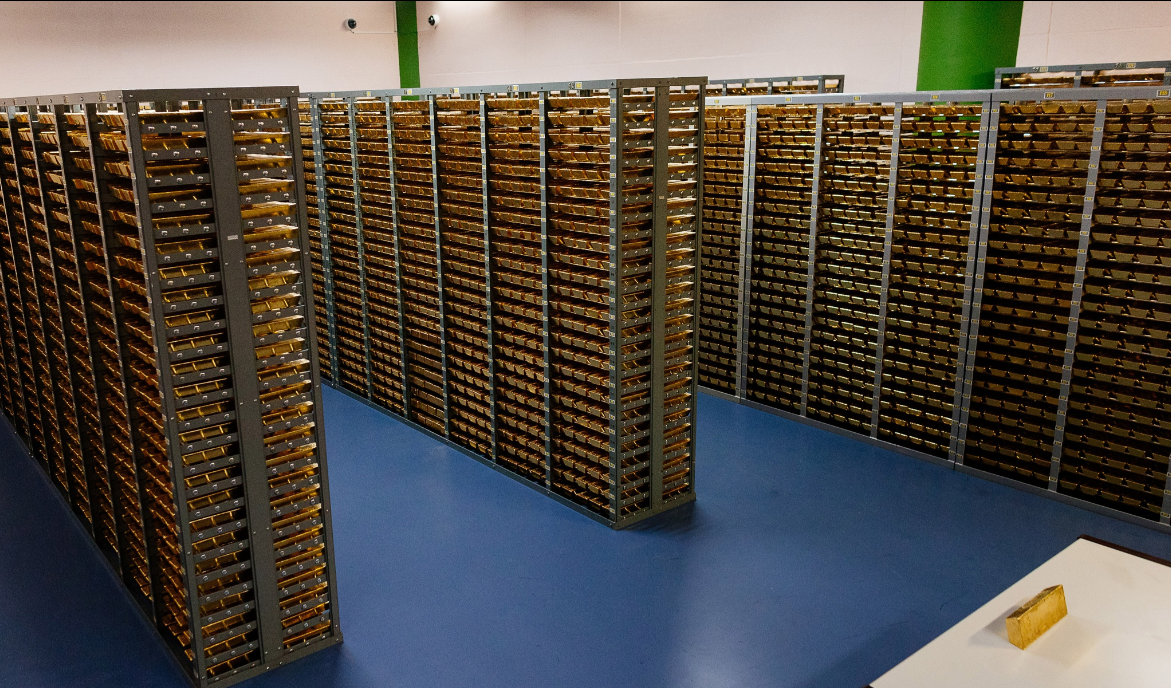

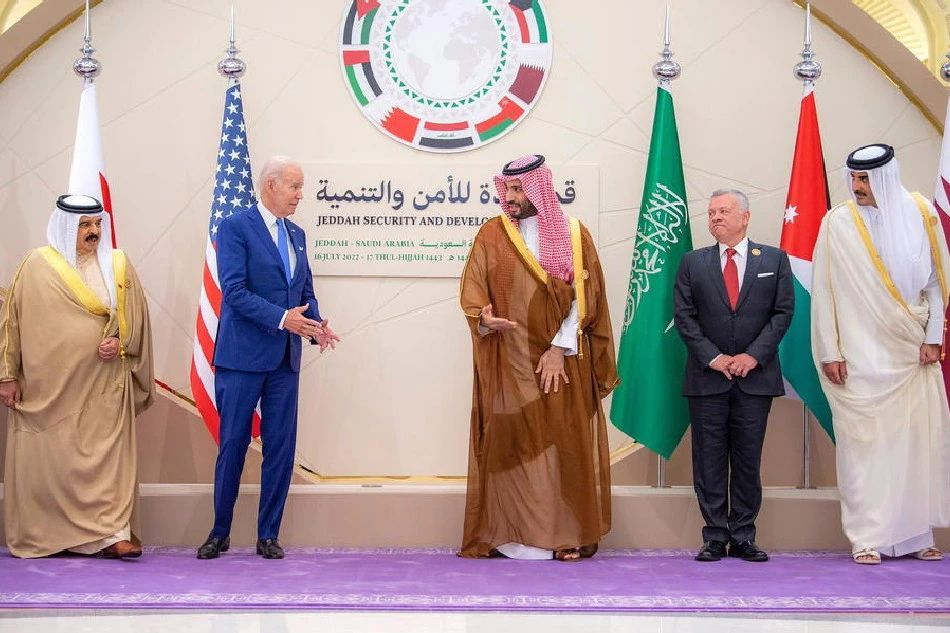


Equinox Partners Investment Management, LLC | Information as of 12.31.24 unless noted | *SEC registration does not imply a certain level of skill or training
Equinox Partners Investment Management, LLC | Site by Fix8

